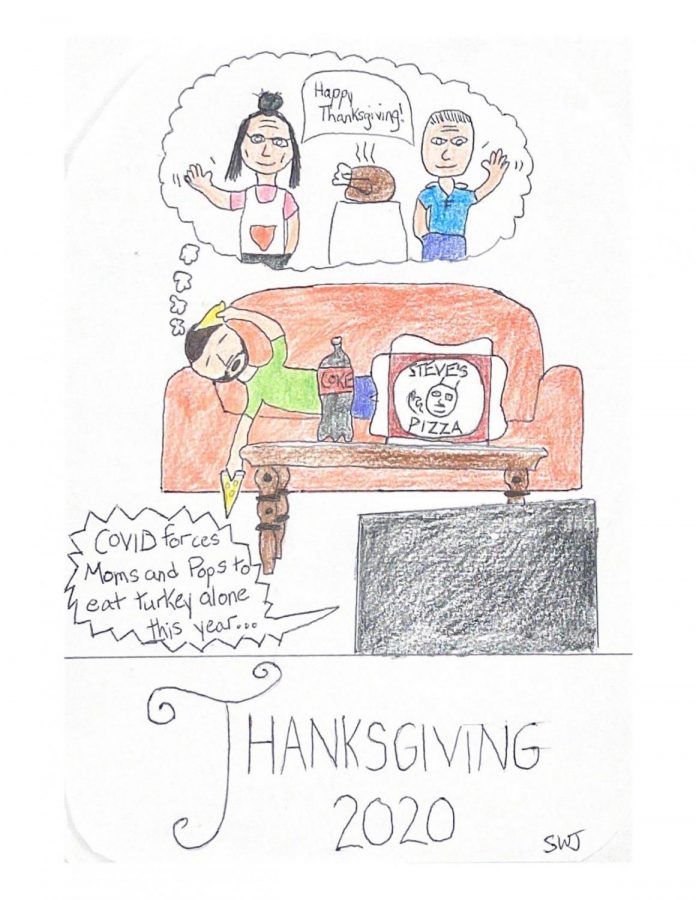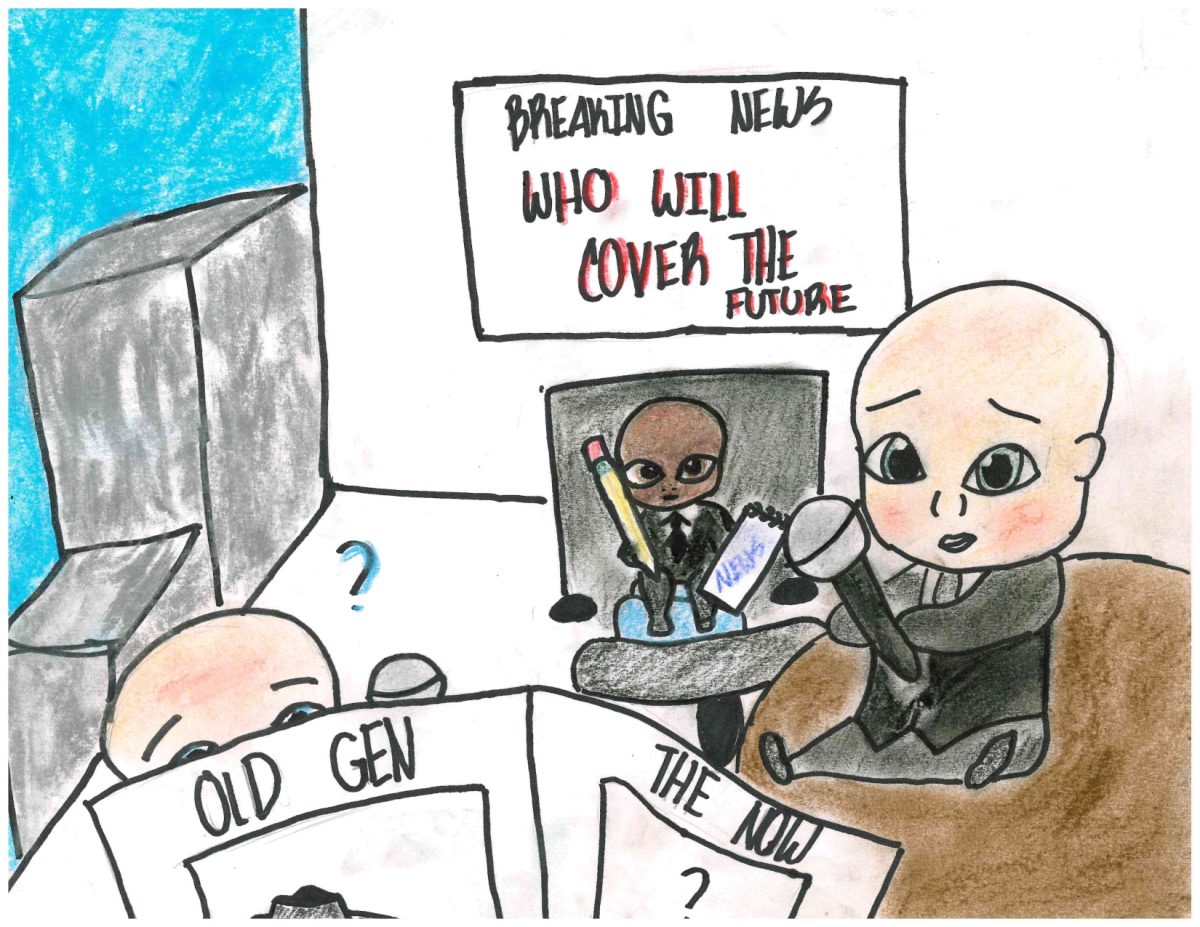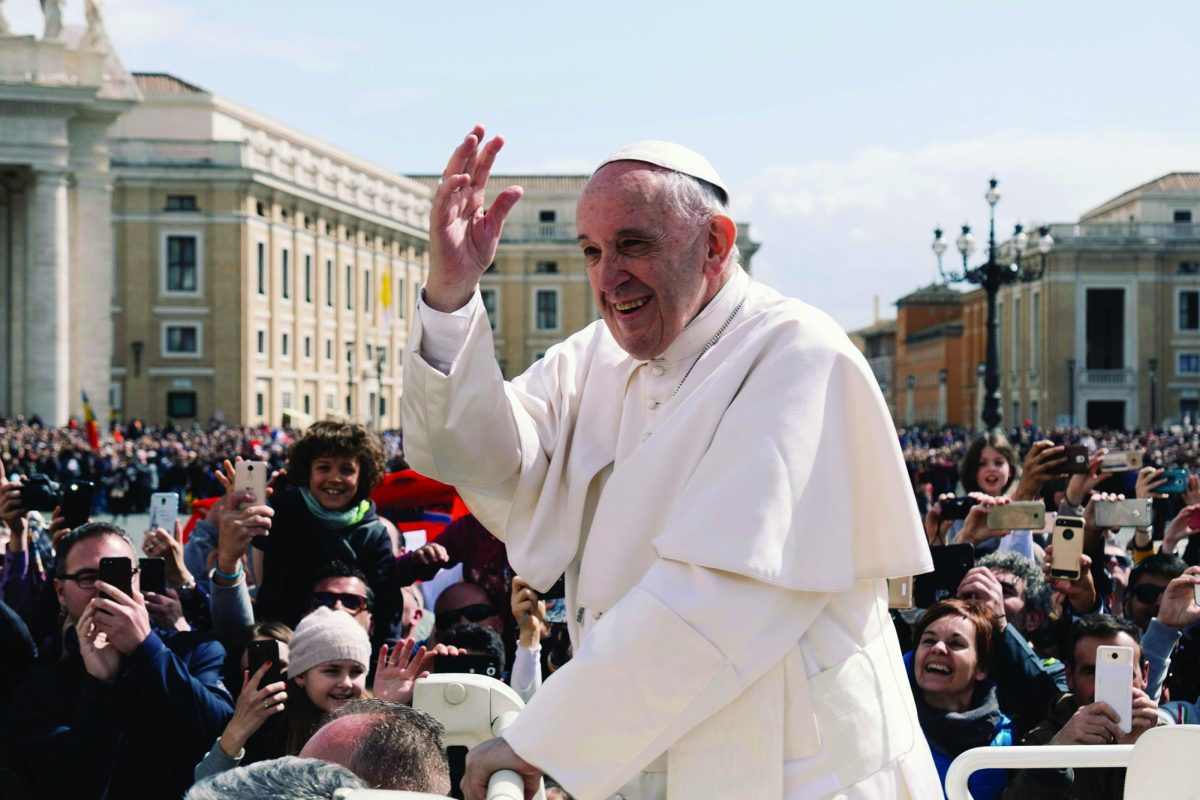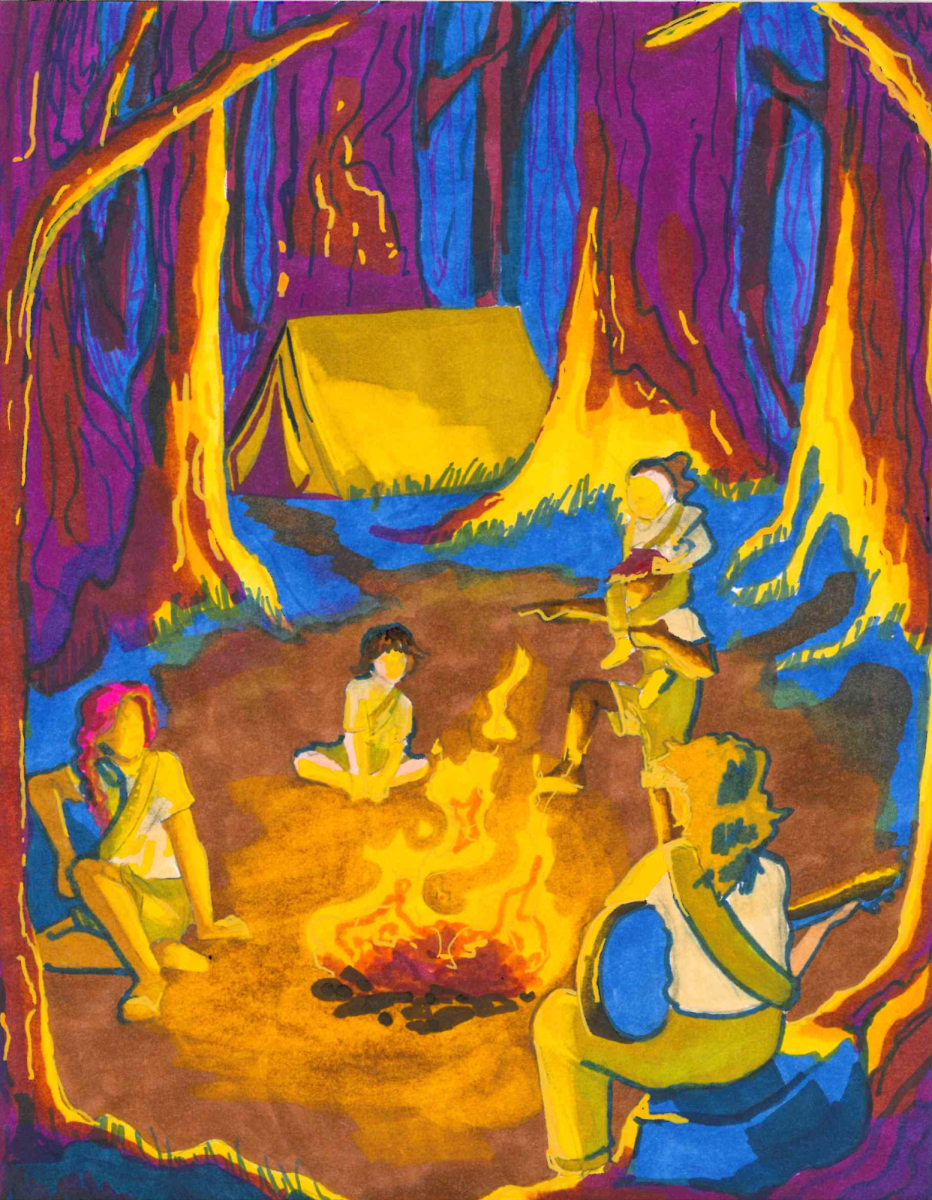Creating your own traditions outside from what the world views as normal allows the holiday’s essence to remain intact, while strengthening the personal connection and preserving other holidays in the process.
Many traditions related to celebrating specific holidays take away from what the holiday is dedicated for. By celebrating these holidays non-traditionally, the real essence of the day can be preserved.
Modern American Thanksgiving falls on the fourth Thursday of the month. The following Friday is called “Black Friday,” a day where many companies host shopping deals.
According to the National Archives, in 1939, the fourth Thursday in November fell on the last day of the month. President Franklin D. Roosevelt was concerned that the shortened Christmas shopping season might negatively affect the economic recovery from the Great Depression. He issued a Presidential Proclamation moving Thanksgiving to the second to last Thursday of November.
Although his proclamation fell through, the implications of the consumerism associated with holidays is striking.
According to a 2018 survey done by the National Retail Federation, 34 million Americans planned to go retail shopping on Thanksgiving day.
On a day supposedly dedicated to giving thanks for what you have, many people chose to begin shopping for items they want.
Participating in various untraditional events allows the holiday to become more personal to a family or individual.
The mass marketing of various holidays takes away from the importance of the celebration. The commercialization puts pressure on multiple holidays to fulfill the stereotypes they are marketed towards, such as gift giving.
According to “The Real Reason American Jews Give Gifts During the Holidays” by Time Magazine writer Rachel E Greenspan, gifts aren’t traditionally given during Hanukkah, many American observers of the holiday follow this tradition.
Despite this particular tradition being heavily observed, it has no historical significance to the holiday. This pattern is applied to many traditions relative to religious holidays.
In addition, celebrating in a different sense than anyone else opens the door for various uncrowded activities.
According to Healthline, 115 million Americans traveled during the holiday season in 2019.
The overcommercialization of popular holidays overshadows the traditional celebrations of other holidays and cultures.
Although Hanukkah is a minor festival on the Jewish calendar, more than a century ago American Jews elevated the holiday “as a way to ensure that they were not left out of the holiday spirit,” Brandeis University professor of American Jewish history Jonathan Sarna said in a 2017 USA Today article.
Misrepresentation of other celebrations is very prevalent during the holiday season. Many people are under impressions rooted in false ideas based on their own celebrations.
For example, the television channel Hallmark introduced two Hanukkah based movies. According to Insider Senior Reporter Talia Lakritz, the movies fall flat when accurately portraying the connection between holidays.
“But it’s unfortunate that these movies turned out to be the equivalent of a cheap, plastic menorah at a holiday party full of lush garlands and Christmas trees,” Lakritz said. “A well-intentioned attempt at inclusion that ultimately highlights the disparity even more.”
In addition, other holidays are also fervently overshadowed or considered another version of Christmas. In 2019, the google search “Is Kwanzaa Christmas?” peaked from December 15 to the 21.
Kwanzaa is very different from other December holidays. According to the Official Kwanzaa Website, Kwanzaa is a holiday centered around the Nguzo Saba, the Seven Principals, of the African-American and pan-African community and culture. It is not based on religion.
By failing to understand other cultures and traditions, one easily contributes to further ignorance. Not every tradition has to have conjunction to a particular holiday.
There’s nothing wrong with observing these holidays and the popular traditions associated with them. However, it’s important to note why the celebration is occurring.
Pro – Defying tradition allows people to better understand their holiday
Celebrating major holidays for Americans may include dining with family and friends, decorating, or receiving gifts. As the world continues to change, holiday traditions should adapt to follow suit.
0
More to Discover
About the Contributor

Madison Stine, Managing Editor







